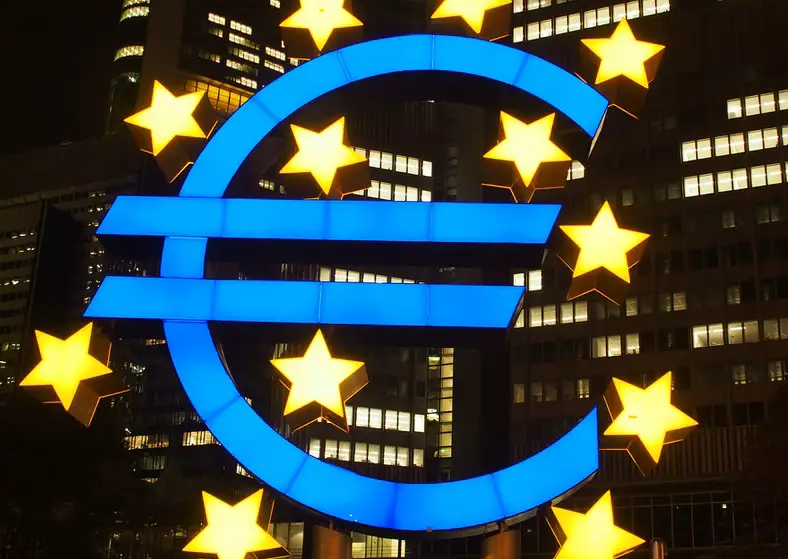On Wednesday, CNBC reported that according to economists it spoke with, the 19-member Eurozone was facing a much deeper recession in the coming months than economists have been predicting.
The report noted that there has been “significant pressure” on the euro, produced by the sanctions against Russia, Russia’s sudden cessation of gas deliveries, and the needs of governments to help support their citizens through these tumultuous financial times.
CNBC noted that European Commission data showed that in September, consumer confidence across the Eurozone hit record lows. The report noted that although there has been a small improvement since then, households still report fearing for their financial positions, and the future.
Holger Schmieding, chief economist at Berenberg Bank said, “Consumer confidence has plunged so badly that the recession will likely not be shallow.”
The report also noted that preliminary growth estimates for the region show a slowdown in growth for the third quarter compared to the previous quarter, from 0.8% growth to 0.2%.
Spyros Andreopoulos, a senior European economist at BNP Paribas said, “It will be deeper than certainly what the ECB [European Central Bank] council expects.”
ECB President Christine Lagarde had said earlier in the month that, “the risk of recession has increased.”
Andreopoulos said he felt there was a risk the recession would even continue into the second quarter of 2023. Regardless, economists agree that even if the recession were to end early, the following months would prove economically challenging.
Chief European economist at UniCredit, Marco Valli said, “I expect the recovery to be slow,” and when asked if the euro area might still see the year overall as an easy year, he replied, “No, absolutely not.”

